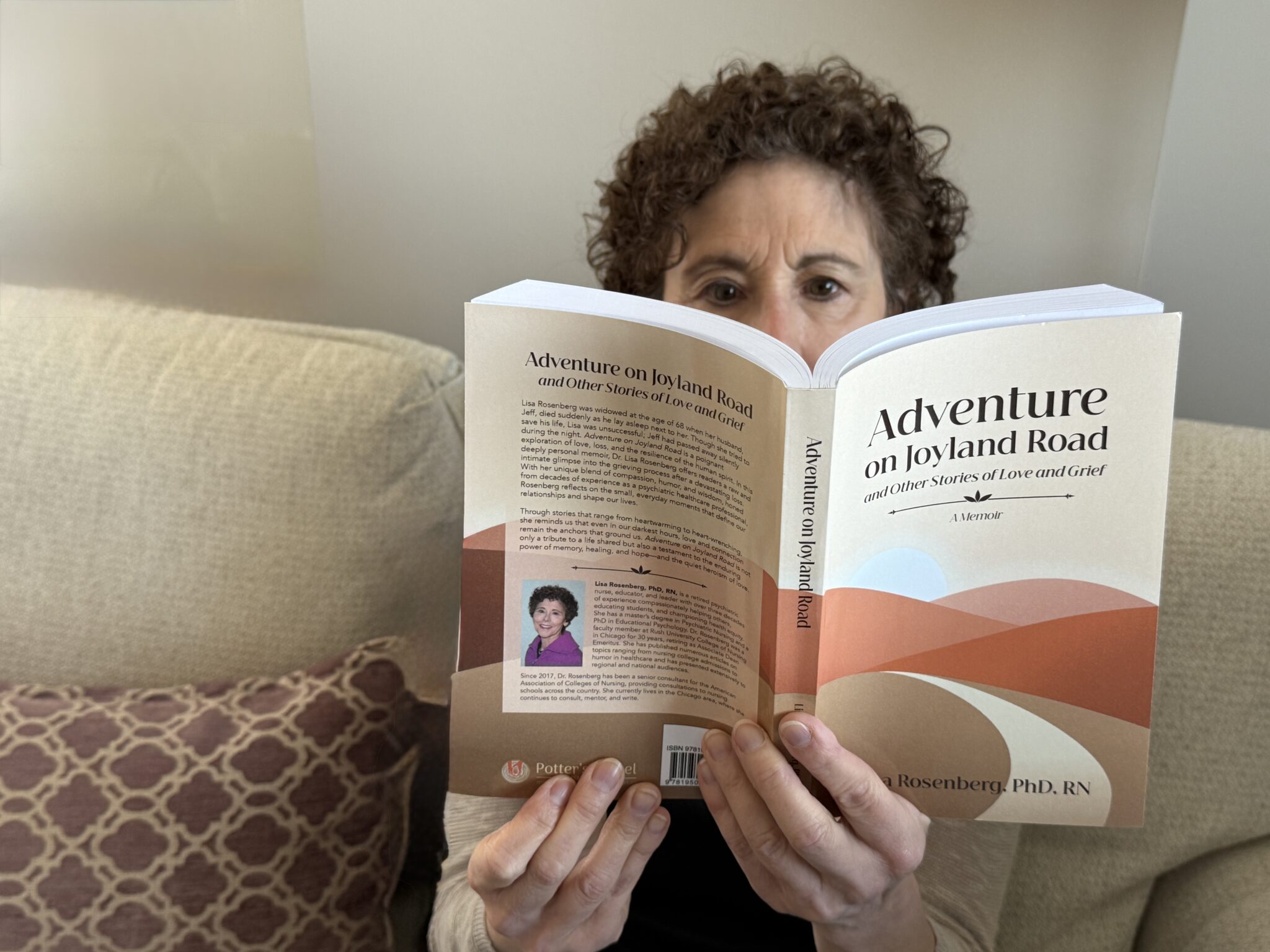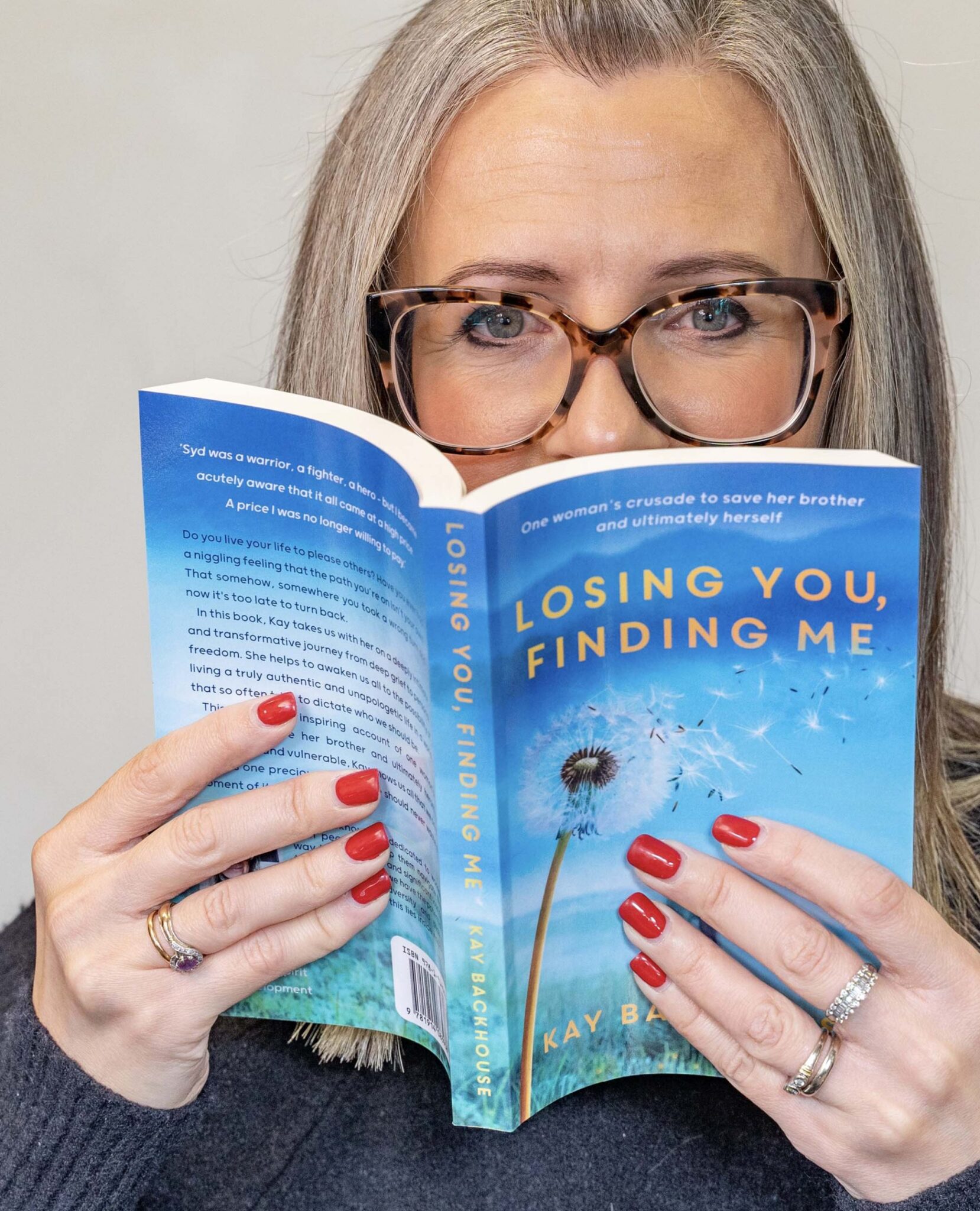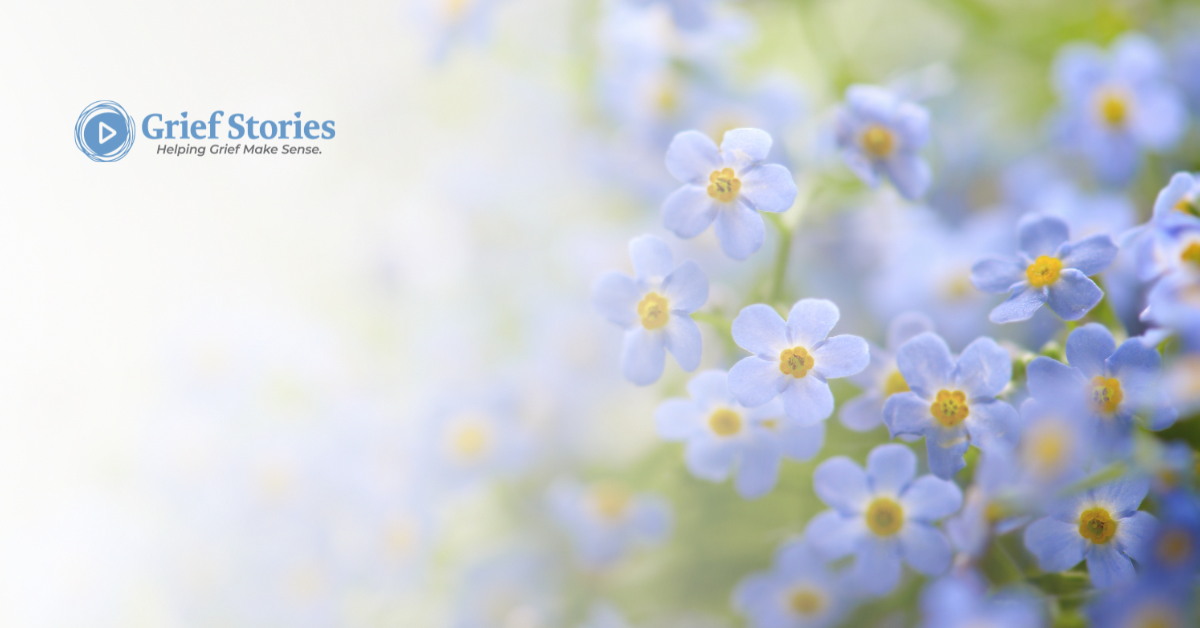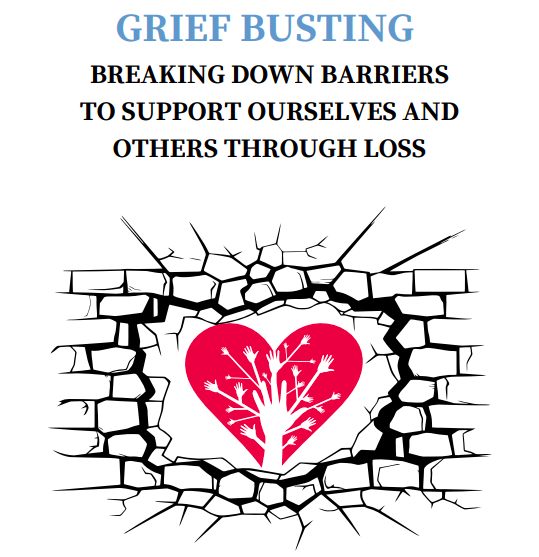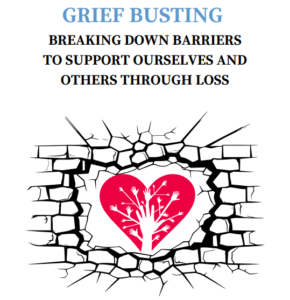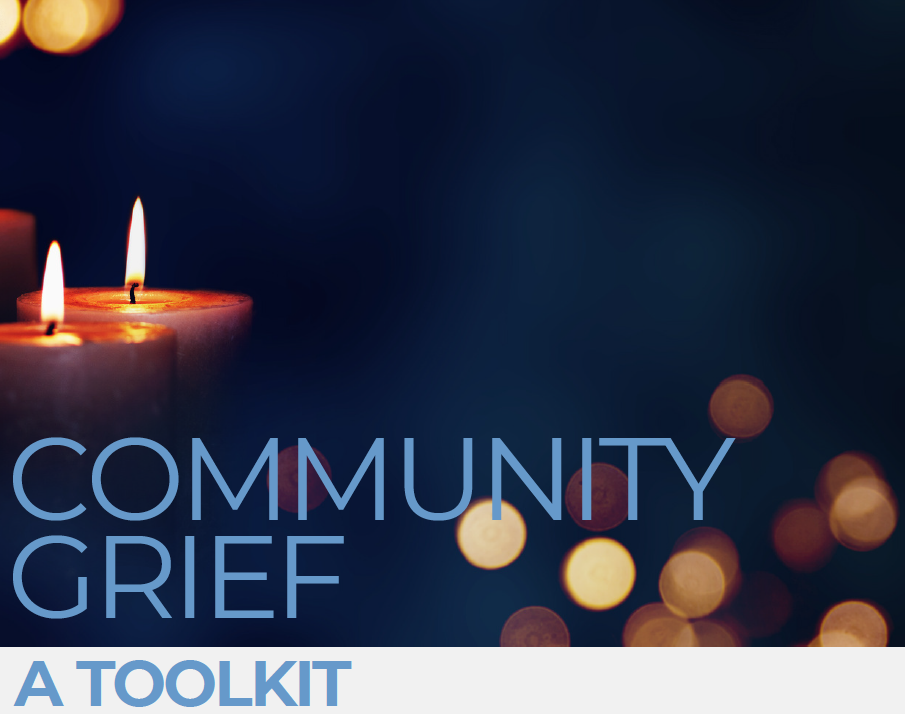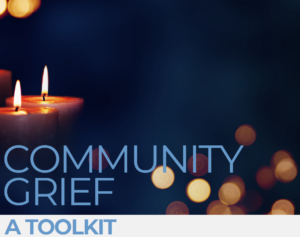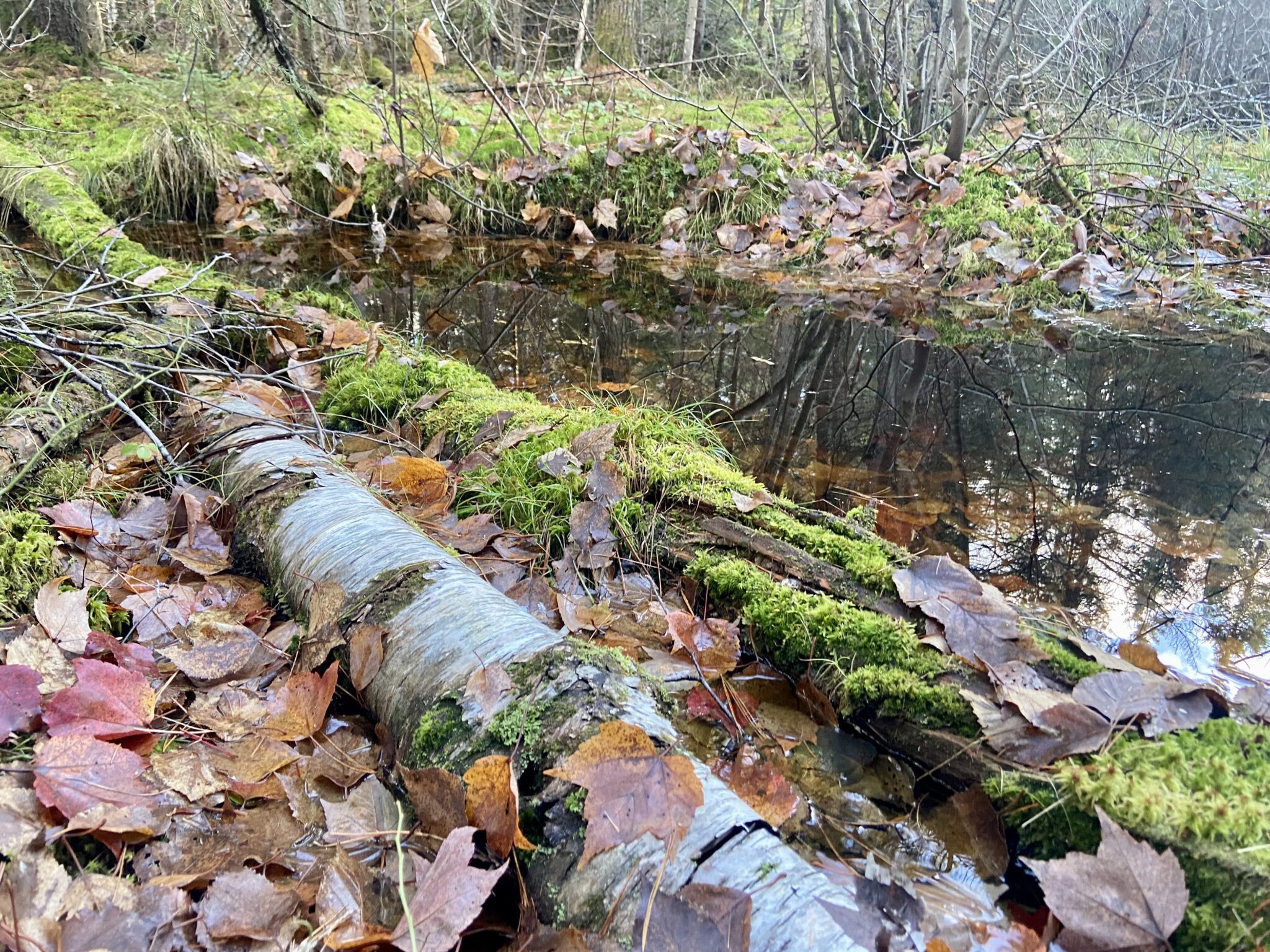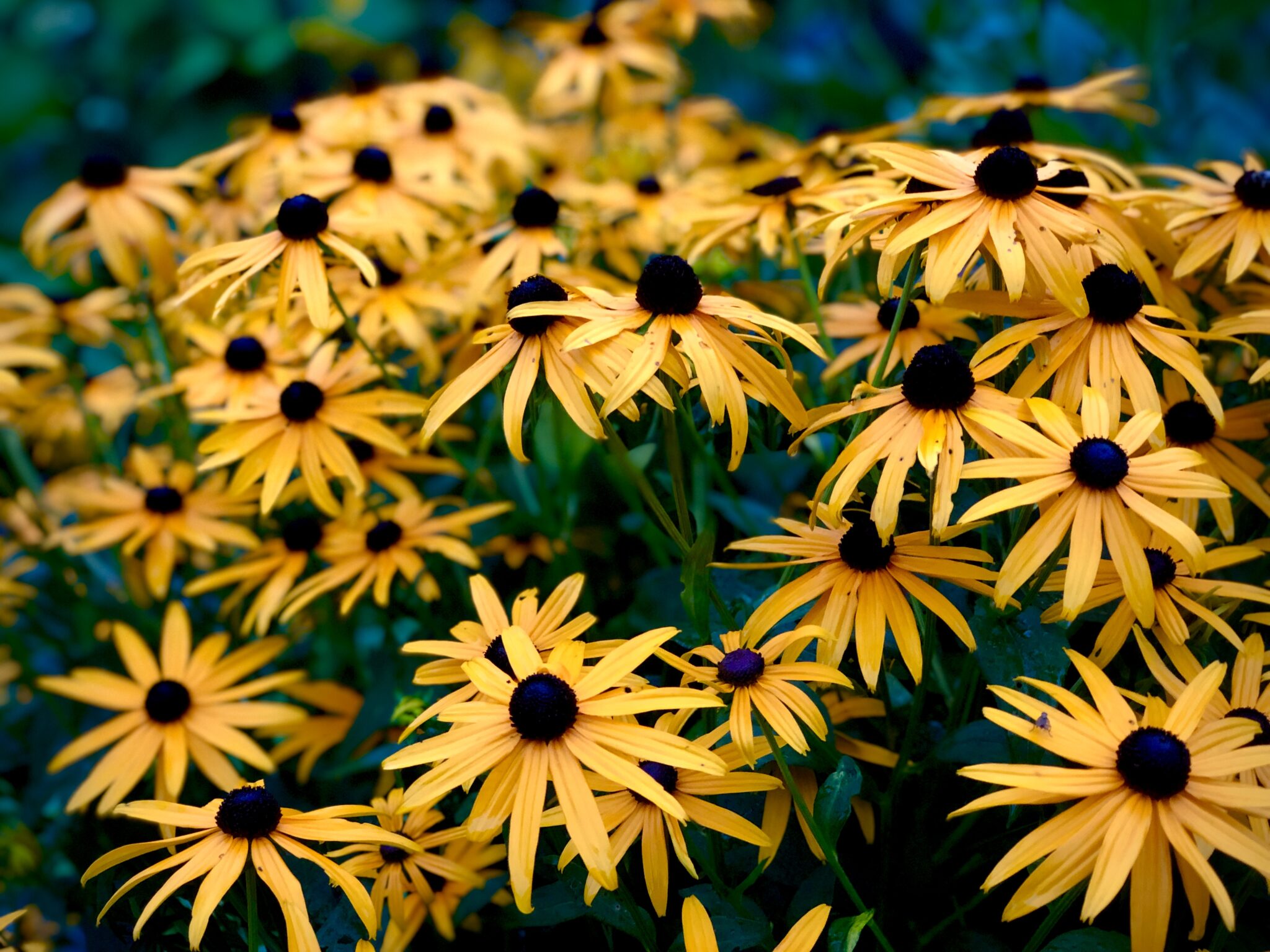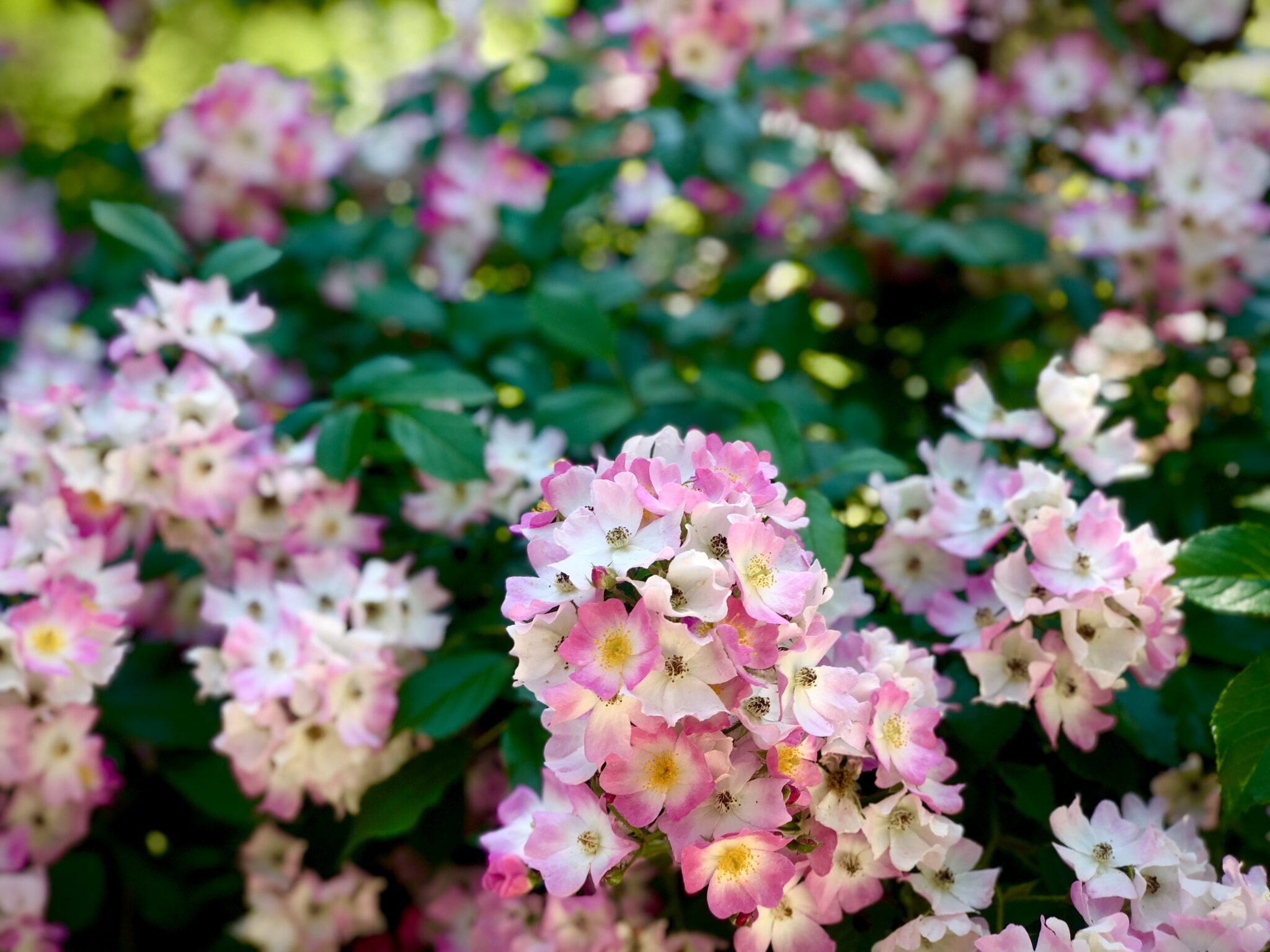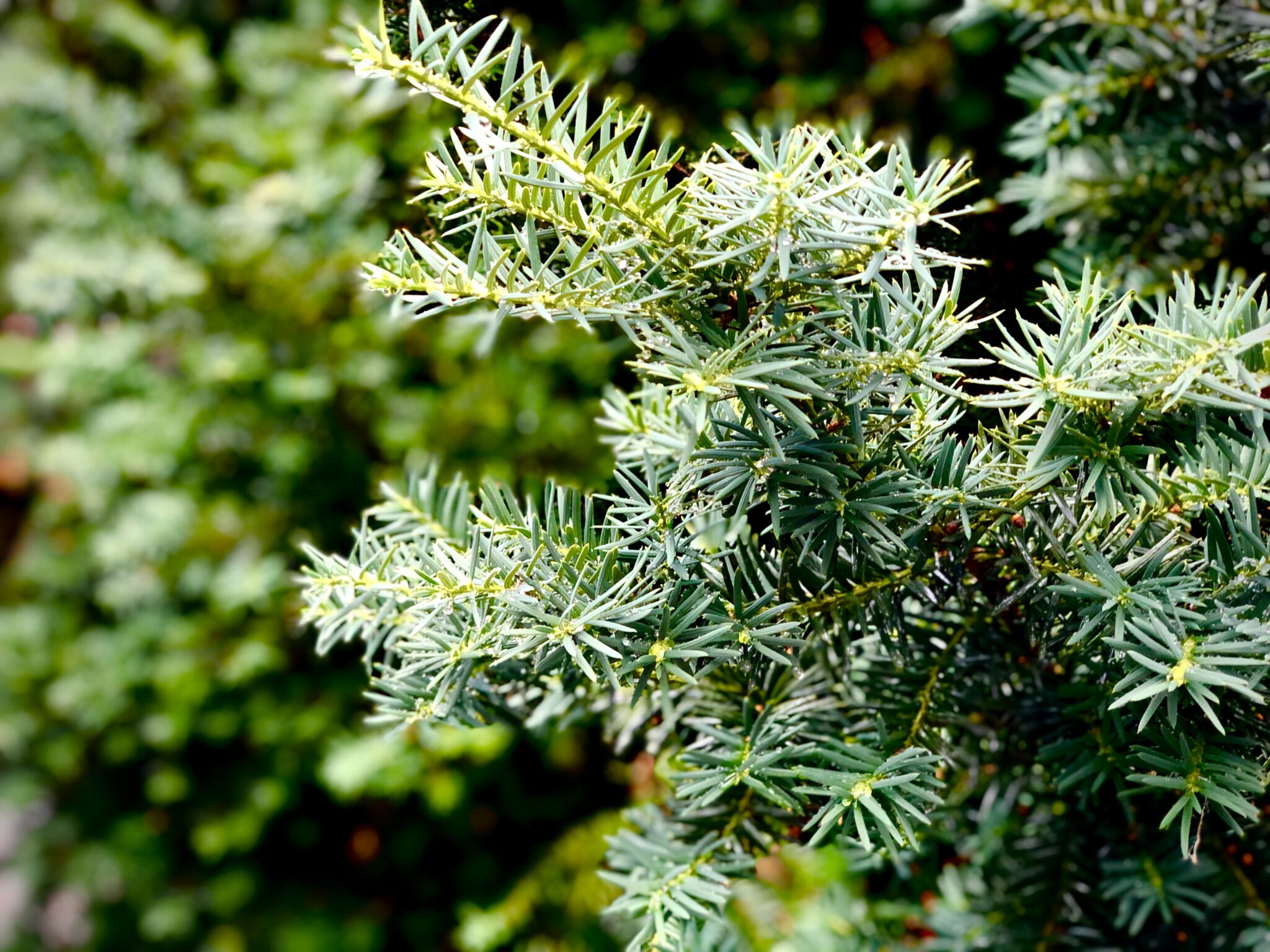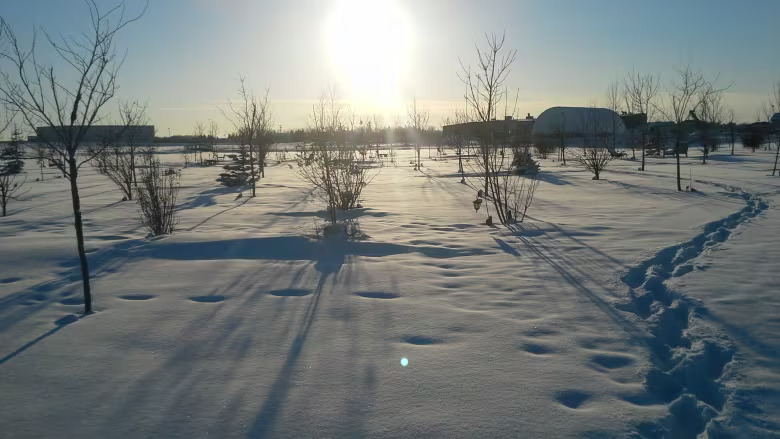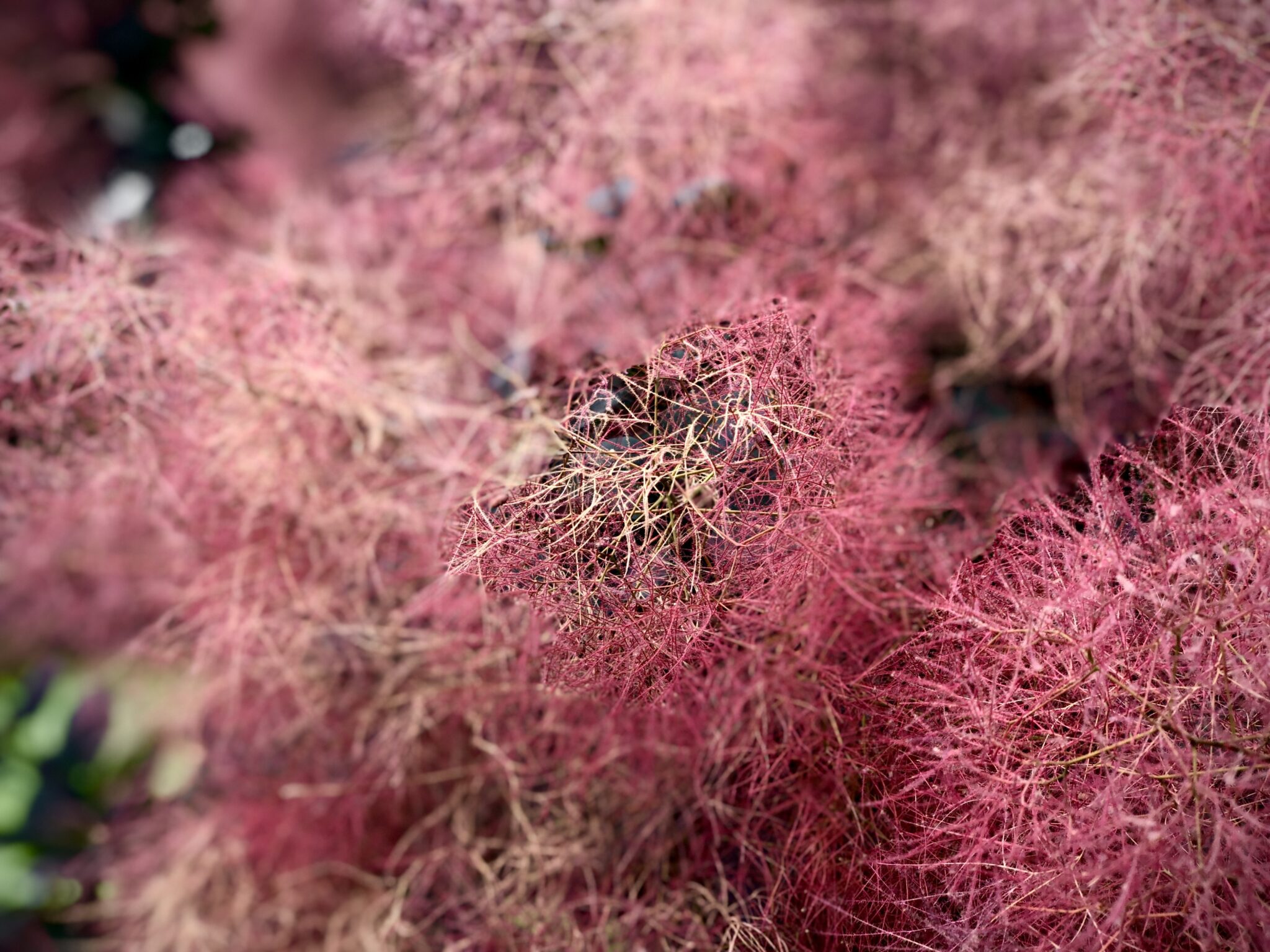Posts Tagged ‘death’
Weaving the Tapestry of Love
Learning to become a better person is a wonderful consequence of being in a loving relationship with someone; you’re present in ways that help them grow into their best self. It’s an organic process you flow with on a journey we map out with intention, though in reality, it remains unknowable.
That is why a deeply loving relationship is like weaving a beautiful tapestry. You start with a blank canvas. With every experience a new thread is added—each a different color. The layers of time continue this process, including the good and troublesome of what life has to offer. The richness of color intensifies, fleshed out over the crucible of a relationship. In the end, if the kindness and beauty of love have been yours to share, you’ve woven a work of art.
My Uncle Sam had this type of relationship with his wife, Syl. Sam was remarkable for his easy-going nature. Syl, aka, “the little general,” was not even 5 feet tall, but formidable in demeanor. Sam and Syl had a long, happy marriage of 68 years.
When my uncle was 88, he began to develop some neurological symptoms. Medicine wasn’t working, so surgery was the next option. The day before surgery I was at the hospital. Sam was in good spirits; his usual affable self. I was in the room with just Syl and him. We talked about the upcoming surgery and then the conversation shifted: He said to Syl, “You know I love you” and remarked how beautiful she was. She laughed and rolled her eyes. Syl was being her usual self—a tough nut to crack. Sam was undeterred. He said he loved her now more than ever.
Sam continued to passionately express how much Syl meant to him. Syl smiled and her demeanor softened. I was so riveted by what my uncle was saying that I couldn’t tear myself away, even though it was such a personal moment between them. It was his love letter to her, and he was emphatic in wanting her to know.
After this intimate exchange, I immediately told my cousins about the amazing conversation between their parents. I was so grateful to have been present to bear witness and share the story. Sam spent the rest of the day alert and kibitzing with his family. When he came out of surgery the next day, he was in a coma and never regained consciousness. Sam died a month later. The words he uttered to his wife and family the day before his surgery were the last he ever spoke. Sometimes those who don’t have much time provide great gifts to the rest of us. Sam placed the final stroke on his masterpiece.
By Dr. Lisa Rosenberg
Dr. Lisa Rosenberg is a psychiatric healthcare professional, writer, and widow who never expected to navigate grief so intimately. When her husband, Jeff, died suddenly beside her in the night, she found herself confronting profound loss, love, and resilience—all of which she captures in her memoir, Adventure on Joyland Road and Other Stories of Love and Grief. With a career dedicated to understanding the human mind, Dr. Rosenberg blends deep psychological insight with personal storytelling to explore the lived experience of grief. Her writing is honest, humorous, and deeply compassionate, offering guidance to anyone who has lost someone they profoundly loved.
With a master’s in Psychiatric Nursing and a PhD in Educational Psychology, Dr. Rosenberg spent 30 years as a professor at Rush University College of Nursing in Chicago, retiring as Associate Dean Emeritus. Her career includes pioneering articles on humor in healthcare, extensive presentations, and, since 2017, senior consulting for the American Association of Colleges of Nursing. Based in the Chicago area, she writes, mentors, and consults, offering compassionate wisdom to those navigating grief.
The ties that bind; grieving the loss of a sibling
When my three brothers and I were growing up and the proverbial hit the fan, Mum would often say, in a bid to keep her brood calm, ‘Well, at least we are all still here.’
She reminded me of this affectionate saying only very recently. I can still recall how I felt as a child when she said those words – a collective sigh of relief would ripple across our family unit and if I close my eyes tight enough as I type these words, I can still feel the tsunami of endorphins that quickly engulfed and soothed my young, innocent heart. I knew that in that moment – in the simplest of terms – that if we were all together, everything would be OK – nothing else mattered. It was us against the world. Until the day came when we weren’t all here anymore – and things were not OK. The day my brother, Louis Sydney Wilson died – 17th February 2019. The day when the six of us became five. When four siblings became three. The day when everything changed, and the earth seemed to flip on its axis.
Syd – as he was affectionately known from around the age of seven – was my little brother, four years my junior. He was the last person in my family that anyone would ever have expected to receive a cancer diagnosis, let alone a terminal one. Growing up he was the sensible one of the four of us. He rarely drank alcohol, never smoked, or took drugs, recreationally or otherwise, never caused my parents sleepless nights like the rest of us and was always, well……the golden child – you know the one – most families have one. He was the happy-go-lucky kid, funny, and intelligent – not that he would ever think that about himself. And even if he did, he would never say it aloud. Growing up he towed the line in all aspects of his life – he was never promiscuous, rarely answered back and was a ‘good boy.’ He would later comment as he was nearing the end of his life that this was half the reason he ended up sick. For whatever reason he never felt he could fully express himself and became trapped in what I refer to in my book Losing You, Finding Me, as the ‘invisible cage’ – his life became a product of what he thought others expected of him rather than being true to himself. A trap many of us fall into and struggle to get out of.
When he died, the loss felt unbearable. It was as if I was missing a limb. I struggled to make sense of anything for the first twelve months. I experienced what felt like a never-ending black hole of grief that I didn’t think I could ever climb out of and in all honesty, I wasn’t sure that I even wanted to – there were times I wanted to die with him. You see that’s the funny thing about grief, as much as it’s painful, it can feel like our only direct connection to the person that has died. Without the pain there is no love. In many ways the more pain I felt the closer I was to him. There is a saying that ‘grief is the price we pay for love,’ and I genuinely believe this – they come in equal measure.
The sibling bond is like no other – it’s an undeniable connection – we quite literally share the same DNA. When we look at our siblings, we often see aspects of ourselves – the parts we love and, annoyingly the parts we hate. It’s the only relationship where we want to push them off a cliff edge and yet catch them at the same time. I witness this playing out in my own sons lives. So, when one of them dies, it’s like a piece of ourselves has evaporated alongside them. The rich tapestry of family life seems to come away at the seams – memories forever altered – every family photo now incomplete.
Now, don’t get me wrong, it wasn’t all roses – we were siblings at the end of the day, and as with all siblings, we had our moments. But they were rare. When we didn’t agree, rather than argue, we would just drift apart like boats cast adrift at sea, not speaking for a few years at one stage, right before his shocking diagnosis. That diagnosis in September 2011 (on his twenty-eighth birthday) was like a bomb going off at the centre of the ocean – and although shocking and destructive, I will always be grateful that beyond the wake our boats were gently guided back to the safety of the shore. We were back where we belonged – together. You see, a cancer diagnosis has a habit of clearing the decks, silencing the ego, and removing the bullshit we all hide behind at times – it laughs in the face of family trivialities and misunderstandings. I can recall being overwhelmed with both sadness and joy – sadness of the diagnosis and all that we had missed during those years spent apart, yet at the same time a sense of complete and utter joy of being reunited with my little brother once again. I have learned since his death that the sadness and joy we experience in life live near one another. It’s the reason we have so-called happy tears. We cannot have one without the other.
Grief affects everyone differently, and when it comes to siblings, we are often overlooked. In the wake of our parents’ unimaginable grief, it can be difficult to process or even prioritize our own emotions without a sense of guilt. Syd was my brother, not my child, so there were times I didn’t feel I had the right to grieve in the same way my parents did. And how would we all readjust to this new family dynamic without the golden child? Where was my place in the family hierarchy now? Did my remaining siblings feel the same way? And he left behind a son – losing a parent when you’re just twelve years old – isn’t that the worst?
The problem is we often compare our grief when there is no comparison. We must acknowledge, accept, and honour our grief – and the many complex emotions that come with it. We are all unique as human beings – as is our grief. I now know there is no hierarchy of grief. It’s ok to feel whatever comes or to feel nothing at all. We must not judge someone else’s grief or our own. And the rule is – there are no rules.
Learning to live without the physical version of my little brother has been unbelievably challenging. There are many times when I have wanted to give up, throw the towel in, and just give in to my overwhelming grief, but then I remember that his death gave me a precious gift – the gift of a second chance at life and I would be doing him a disservice by wasting it.
So now when I think of that saying Mum used to say, I remind myself that despite Syd’s death, ‘we are all still here.’ – it’s only the form that has changed. We will always be a family of six, and I now answer that sucker-punch question ‘how many brothers and sisters do you have?’ with a proud ‘three.’ – he may not physically be here, but his spirit will always be with me – this I know.
Our paths may have changed but our sibling bond will last forever.
Book recommendations:
‘Sisters and Brothers; Stories about the death of a sibling’ curated by Julie Bentley & Simon Blake.
Published by Unknown.
‘Losing You, Finding Me; one woman’s crusade to save her brother and ultimately herself by Kay Backhouse.
Published by 2QT Publishing.
’The invisible String’ by Patrice Karst.
Published by Hachette Book Group.
________________________________________________________________________________________
Kay Backhouse was raised in the Yorkshire Dales, a picturesque part of the UK. It was here where she developed a strong connection to, and an appreciation for nature and it’s healing properties.At the age of twenty-eight she emigrated to Australia where she lived with husband, Rick, and their children for ten years. Kay now lives with her family in the coastal town of Morecambe in Lancashire. Through her writing, yoga practise and hospice work, she spends most days working with adults and children, helping them to navigate their way through grief and significant loss. She truly believes that we have the potential to overcome any adversity and that the power to achieve this lies inside each and every one of us.
You can learn more about Kay and her book Losing You, Finding me here
Grief & Drug Poisoning Toolkit [Free Downloadable PDF]
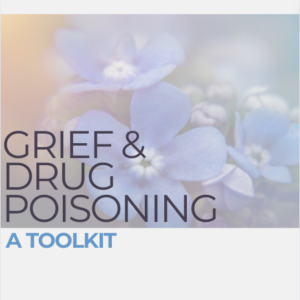
Navigating life, death, and loss can be overwhelming. This toolkit is designed by mental health professionals and contains information about grief, different types of grief we may experience, gentle reminders on how to move through grief, as well as tips for those who may be supporting someone in their life who is grieving.
This toolkit also reflects on how we support grief in communities of people who use drugs and friends, family, and professionals who work with people who use drugs. The tools to come together and honour our collective experiences and to build the resources for further support.
Creating Mother’s Day Traditions as a member of the Dead Mom Club
About a week after Easter this year, I noticed I was starting to feel off. My sleep wasn’t as restful, experiencing tension in my body, at times I was getting irritated with the simplest things. Then while streaming an episode of television, 4 ads back to back all talking about Mother’s Day. Then came the promotional emails, the store displays, and even a banner at the top of my Microsoft Word app directing users to their Mother’s Day templates.
Each year, my relationship with Mother’s Day has changed and it will likely continue to transform for the rest of my life. Early in my grief, I avoided any reminders. It was so difficult to work my part-time job in high school with Mother’s Day displays all around me, hearing about patrons’ plans, and then being asked how my own family would celebrate. I would feel my grief weigh heavily on my body, wanting to sleep until June 1st if I could. My first few Mother’s Days were about survival mode, and getting through my waves of grief.
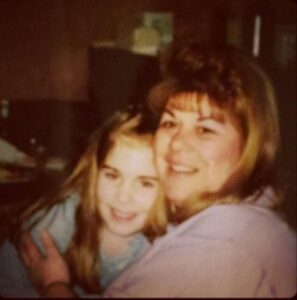
Photo of Jessica and her mother, facing the camera and smiling.
I’m not crushed by my Mother’s Day grief these days in the same way, but I know it is a time of year for me when my grief can show up more. Thoughts about what she would think about streaming platforms; the things I want to tell her; the things I want to thank her for. As my grief has changed these past 18 years, I’ve written letters to my mom, worn pieces of her jewelry, visited her gravesite, bought and written a Mother’s Day card she would have liked, and made some of my favourite childhood recipes of hers.
I would spend many of my Mother’s Days with my grandmother, my mom’s mom as I knew that day held its difficulties for her too. As my grandmother’s health declined over the pandemic, I wasn’t always able or allowed to visit with restrictions. After she died in 2021, I was in a fog by the time Mother’s Day 2022 came around. It felt surreal to me, that on my mother’s side – there are no longer any living maternal presences in my life.
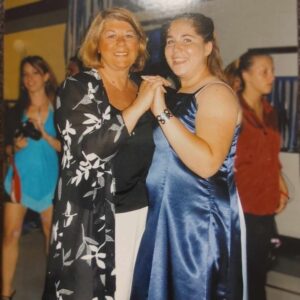
Photo of Jessica wearing a blue satin dress and her mother wearing a long black and
white floral jacket , holding hands as if they are dancing for the camera.
Last year, a friend and another member of the Dead Mom Club were talking about how much this time of year can impact us. These conversations led to something surprising, and beautiful, but also a new tradition that I look forward to engaging in this year. Last Mother’s Day, we had dinner at a nice restaurant downtown, dressed up, and spent an evening talking about our moms. I wore a skirt that belonged to my grandmother and some jewelry that belonged to my mom. My friend also shared items they were wearing or keeping with them that reminded them of their mom. We laughed, we cried, we hugged. It was so cathartic to talk about the things some of our other friends couldn’t quite understand. At times dreading that 2nd Sunday in May, I now know that I can hold space for the difficult emotions that may arise and that I can also look forward to it. To look forward to having dinner with a dear friend, to holding space for the joy, love, and grief we have for our moms, to feel a little less alone on a day that can feel isolating as the rest of the world celebrates it.
_____________________________________________________________________________________________
By Jessica Milette, MSW, RSW . Grief Stories Healthcare Consultant
Jessica is a registered social worker and owner and of Cultivating Connections. Her expertise includes helping individuals and families facing anticipatory grief, ambiguous loss, disenfranchised losses, and sudden deaths. Jessica believes in the power of connection; within ourselves, with those who have died, those we are in relationship with, and with our greater communities. Through sharing our stories of grief and loss, we tend to our connection with those who have died and creating connections with others.
Jessica is a white woman living on the traditional territory of the Anishnabek, the Haudenosaunee, the Attiwonderonk, and the Mississaugas of the Credit peoples, also known as Guelph, ON.
Grief Busting Zine [Downloadable!]
Navigating life, death, and loss can be overwhelming. We’re sorry you’re feeling this way right now but so glad you’re reading this.
This zine is designed by mental health professionals and contains information about grief, different types of grief we may experience, gentle reminders on how to move through grief, as well as tips for those who may be supporting someone in their life who is grieving.
Physical copies of this sine were originally distributed at Cultivate Festival in 2023.
Community Grief Toolkit [Downloadable!]
Navigating life, death, and loss can be overwhelming. This toolkit is designed by mental health professionals and contains information about grief, different types of grief we may experience, gentle reminders on how to move through grief, as well as tips for those who may be supporting someone in their life who is grieving.
This toolkit also reflects on how we support grief in the community. The tools to come together and honour our collective experiences and how to build the resources for further support.
Jessica’s Reflections as an Adult Grieving Child
By Jessica Milette, MSW, RSW
November is considered Bereavement Awareness Month, and this year November 16 commemorates Children’s Grief Awareness Day. 1 in 14 children in Canada will experience the death of a parent or sibling by age 18.
The first funeral I attended was at the age of 7 when my Nana, or paternal grandmother died. My family buried my maternal grandfather 7 years later after he experienced a stroke when I was 14 and my mother was still in treatment for cancer. 13 months later, I would be burying my mom at age 15 after dying of cancer. She was 49. We would be gathering again less than two months later to bury my godmother and aunt who died suddenly and unexpectedly. Every time I felt like I had found footing on the shores of my grief, another loss would crash over me like a wave, dragging me out to a sea of unknown.
Navigating puberty can be an exciting and challenging transition in our life that also can have us feeling grief from non-death losses as we figure out who we are becoming. Not only was I trying to make sense of hormones and changes during this time of life, but my mom – the person who I would have gone to for support was no longer a phone call or hug away. Parents or trusted adults are people children often turn to for support, but my circle of trusted adults was shrinking. My peers were focused on what to wear on civvies day (a day where we didn’t have to wear a uniform), while I was focused on just surviving.
I felt so alone in my grief, although my twin, younger brother, dad, and other relatives in my life were also grieving. Friends would try to show up for me, sometimes it didn’t land well. There are friends who had never been to a funeral that walked with me in the depths of my grief who still hold a special place in my heart and life. I felt like I was in a sea of students in the hall between class with a flashing neon sign that read “Human with all the dead people in their life”. At times I could tell how awkward both peers and adults in my life were when approaching me – what do you tell someone when you’ve never experienced a death? And the person who is grieving can’t even legally drive a car!
There was no right or wrong way for me to grieve, but I had to find my own way to grieve. Sometimes they were helpful, and other times the things I did I thought helped me with my grief were not so helpful.
I am fortunate that despite the not-so-careful caring people in my life that made me feel invalidated, I had many caring adults in my life who let me know that grief is natural, and let me share stories of my loved ones. Within the first year of our loss, each of my siblings, my father, and I attended a grief support group. Walking into my first group was both scary and exciting: other teens like me?! The peer volunteer who co-ran these groups was actually someone I knew personally, but had no idea that they had been touched by death too.
I felt deep sadness, guilt, and anger in that group. I also felt deep connection, joy, and even laughter. We got to talk about our sibling, parent, or other close person in our life we were grieving. Talking about grief didn’t make me feel more alone, or worse, it made me feel LESS alone. That we all grieve what we are connected to. That’s it’s okay to not be okay. That sharing our stories of our person and our pain can be healing when we have the right kind of listener in our corner. And that we never have to walk alone at any age or stage of our grief.
The Meaning of Tisha B’Av
By Richard Quodomine
Starting on sundown, July 26th, some Jews will begin to fast. Unlike the more well-known Yom Kippur, which is for atonement, Tisha B’Av is a specific holiday for mourning and grief. Its exact date varies with the ancient Jewish lunar Calendar, but is sometime in July or early August. All Jewish commemorations begin in the evening due to this lunar calendar.
Observant Jews will abstain from sexual relations, all forms of frivolity, wearing of leather, and work on this day. Just before the evening that begins the holiday, a “separation meal,” called seudah hamafseket,is eaten.It consists of bread and a hard-boiled egg dipped in ashes, accompanied by water. Talk about a meal to remind one of sadness. Once the evening of Tisha B’Av commences, one fasts for a full 24 hours. Please note that life and health are more important than fasting in Jewish tradition. If a doctor says a person should not fast, such as a woman who is pregnant, then fasting is forbidden.
Those of us of the Jewish faith also ascribe several sad events as having happened on the day of Tisha B’Av. For example, it is traditionally believed that both the First and Second Temples in Jerusalem were destroyed on Tisha B’Av. In more recent history, the last Jews of Spain whom did not convert to Catholicism were said to have left Spain forever on Tisha B’Av. Spanish Judaism had been a critical component of the Islamic culture there and was part of its unique pluralism and beauty. Some of those events may not have happened “on that day” exactly. The point of the holiday is not to take dates literally, but rather to remind ourselves that grief is a life cycle event, and we all grieve at some time.
Further, there is grief over loss of life but also grief for losing ways of living, of culture, of beauty or perhaps our environment and our friends who are not well treated by society. Tisha B’Av is a Jewish holiday, but it is also a holiday that is universal. No, we shouldn’t all fast or refuse to wear leather. But we should recognize that mourning is important. Feeling loss and grief is a part of whom we are. In facing that loss and accepting that grief – along with emotions such as anger, sadness or resentment – we are able to process them. We’re able to find a part of ourselves. For example, when dealing with a person who has passed, the grief we bear is knowing that we must carry that which we have lost because the person who carried them with us can no longer do it. We must grieve, and then bring about again the joy that that person created. The prayer for the holiday concludes with the verse “Restore us to You, O Lord, that we may be restored! Renew our days as of old.” In accepting grief, we can be restored to joy.
Ripples of Grief: Supporting Ourselves, Others, and our Communities After a Death
By Jessica Milette, MSW, RSW
When death knocks on the door of a community, each of us are impacted. Sometimes a death will touch many lives across a community, whether people knew the deceased personally or not. We may grieve the death of a family member, friend, or acquaintance, a well-known community member, or someone we are linked to by age, location, circumstances, etc. Community grief can feel overwhelming – we must tend to our own grief, but others in our life are grieving and hurting too. Each person in a community will grieve differently depending on their relationship to the person who has died, their own prior experiences of loss, and the unique coping strategies they rely on in grief.
Developed by psychologist Susan Silk and Barry Goldman following Susan’s experience with a health crisis and her diagnosis with breast cancer, Ring Theory helps us learn how to support others and ourselves when a community death occurs.
Like a ripple on water when we drop a pebble into it, imagine a series of concentric circles. Those directly impacted by the crisis or death are in the innermost ring, with each outer ring consisting of those further removed from the crisis or death. Generally the immediate family, or those who lived with the deceased,are in the innermost ring, with close friends and other family in the next ring, co-workers and acquaintances in the next ring, and those in our greater community in the outer rings.
When someone experiences a death, those in outer rings pour comfort in, while those in inner rings are allowed to “dump” their thoughts or feelings out. When someone in an inner ring is dumping out their feelings, those in outer rings can show up with acceptance and care, listening and validating the person’s experiences.
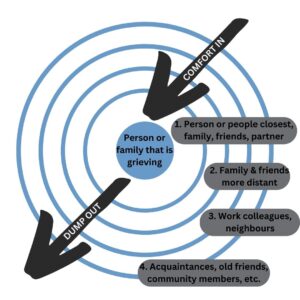
Pouring comfort in can also be the offer of specific, practical help. This approach seeks the griever’s consent to accept specific support and comfort, it lets the griever say yes or no to the offer, and can confirm what kinds of support are most helpful to them. It’s important to offer support on the griever’s terms.
When a community faces loss, many who are impacted want to share their feelings about the loss. Susan recalled during her cancer treatment how some folks she did not have very close relationships with in her community would show up unannounced, forcing her to accept support, or people would talk about their own feelings about her diagnosis. Dumping feelings onto someone in an inner circle is not helpful. It can leave those experiencing the loss most personally as if their loss is unacknowledged. When we know which ring we sit in after a death, we can connect to our own outer rings anytime we need to tend to our feelings of grief. If we find ourselves thinking about reaching out for support from someone who is in an inner circle compared to our relationship to the deceased, we should take a step back. Is there someone else that may be located in the same ring as us, or someone in a ring outside of us that we can reach out to instead? Sometimes actually drawing out the rings of folks in our own life impacted by a death can clarify where we need to support others, and who we can connect with for our own support.
Whether supporting others, or seeking support ourselves, a helpful phrase may be “Would you like to be heard, helped, or hugged?” Being heard means receiving supportive listening and validation. Being helped may mean brainstorming and collaborative problem-solving, or providing specific practical help with tasks. Sometimes there are no words or help we can offer, but, if welcome, our steady presence and a comforting hug can communicate our support.
Each person in a community will be impacted differently by a community death. It’s important to remember this theory about who we need to pour comfort into, and who we ourselves can dump out to as we navigate a community loss.
Articles Reviewed for Blog Post:
https://karenwulfson.com/wp-content/uploads/2013/04/How-not-to-say-the-wrong-thing1.pdf
https://www.latimes.com/opinion/op-ed/la-xpm-2013-apr-07-la-oe-0407-silk-ring-theory-20130407-story.html (actual article in LA Times first written by Susan Silk – first link is PDF version of same article)
https://www.psychologytoday.com/ca/blog/promoting-hope-preventing-suicide/201705/ring-theory-helps-us-bring-comfort-in
The First Fathers’ Day Without Dad
By Richard D. Quodomine
When you lose a person in the generation before you, you begin to think about what they meant to you. When you lose a parent, you think about all they meant, and you hoped you either lived up to the best of yourself, or in some cases where the parenting was not as instructive or kind, you hope you’ve raised yourself beyond difficult circumstances. If you’re fortunate, Dad pushes every endeavor and delights in your successes and constructively scolds you when you fail without ever making you feel embarrassed or willfully stupid – unless of course, you were actually willfully stupid.
Did we have our differences? Absolutely. My father was more conservative than I am politically, though he rejected hateful politics and would not vote for it. We come from a mixed religious family, and my father was Christian, I am Jewish. We had philosophical differences and we approached life differently. But we also valued accomplishment, kindness for its own sake, and service in the public good. He is part of the reason I have chosen a career in civil service. I believe government can and should serve at the behest of its citizenry, and while he mistrusted government intrinsically, he had respect for my approach in working for it.
As part of my research in the public interest, I went to India for a conference. While en route, somewhere between Zurich and Delhi, my Dad suddenly passed from a cardiac arrest. I couldn’t return home for several days, so I soldiered on without telling anyone at the conference. I figured the way to honor his memory was to do my very best. He was gone – and weeping in my hotel room wasn’t what he would have wanted.
Dad had a heart condition, but he had had corrective surgery and was otherwise in outstanding physical shape for his age. He was my Mom’s primary caregiver. This was especially tragic because she has dementia. Sometimes, I get angry that Dad is gone because the burden is much greater on myself and my family. Sometimes, I am so grateful that he gave me the strength to help care for Mom. Most of the time, even months removed, I’m just missing talking to my Dad.
The first father’s day without Dad is the hardest, or so “they say.” I think that is true, but it’s harder not because I am sad, but because there’s nothing that can replace all that he was. It’s trite to say “he lives in me.” I think it’s better to say “I take what he has given me, and I will grow and make this life my own.” I don’t think anyone should strive to be “just like” their parent. They should strive to be their own authentic selves, using the best of their parent as the cornerstone, not the ceiling. In Judaism, we say “May their memory be for a blessing” as a condolence. Dad’s memory is, for certain, a blessing.
Mourning a Man I Never Knew
By David Newland
The following blog post is a reworking of a post originally written in 2005 under the same name on his website.
This spring, I turned fifty-four. I have now outlived the father I never knew: my biological father. It’s been almost twenty-three years since we spoke; eighteen years since I learned of his death. I’m still dealing with the strange grief of his loss.
As an adoptee, I always had questions about my origins that my loving, caring adoptive parents couldn’t answer. In my twenties, I applied to Child Services for more information, and after eight years of waiting on my part, they did a search in 2000. After some effort, they couldn’t find my birth-mother, but quickly produced contact info for my biological father. They offered to put us in touch.
After jumping through a few official hoops, we emailed back and forth a bit, and finally, we spoke on the phone, maybe three times in all.
I can’t even describe what that was like – intense, starkly honest, humorous and deep. Here was a man who had made most of the same mistakes I had, only far worse. Depression, drugs, divorce. Family problems. Anger management. Women. He hid nothing, as far as I could tell, although his stories sometimes conflicted.
I didn’t hold anything back either. I insisted that he honour my experience as an adoptee. It wasn’t easy for me, handling the big hole in my life. He had a hard time understanding that. He said his own kids had it a lot worse than me. He was right, but that wasn’t for him to say. I heard it from them.
It was good to connect, but I knew he wasn’t good for me. I chose not to pursue further connection. I knew he was out there. He knew where I was.
There was no contact for a few years. And then one day, in January of 2005, I found out he was dead. I was online at work, looking for some information on the original (Polish) spelling of his last name, and wham! the first thing that came up was a memorial page. He had died, nearly a year before, in March 2004, aged 54.
I never knew him in life. I still don’t know him in death. But I’ve been grieving him for a long time, in my way.
In 2016, still reckoning with the hole he left, I went to Red Deer to find his grave. I narrated that journey in a CBC radio documentary, The heartache and healing of finding my birth father. I never found a grave: only my own shadow over a four-by-four stake in the ground. I did enjoy a delicious steak sandwich at a local hotel restaurant he was fond of.
I’ve been back to Red Deer twice since then. The last time I went, even the stake was gone. And so was the steak sandwich, restaurant, hotel and all.
The picture on the memorial page linked above is the only likeness I ever saw of my birth-father. I always thought I saw my face in his. Now, having reached his age, I see his face in mine.
Reflections on Mother’s Day
By Jessica Milette, MSW, RSW
The signs of spring start to show up: the bird calls, sleepy daffodils and tulips waking up from their slumber, the trees beginning to bud ready to shade us with their leaves all season. And then, the flood of Mother’s Day emails start crashing into our inboxes.
Mother’s day is a holiday where we show appreciation and care for the maternal roles in our lives. However, this holiday can feel very overwhelming for those of us who are grieving the death of a mother figure, a mother grieving their child, or those of us grieving the loss of not being able to become mothers ourselves. The ads, commercials, and displays at the store, designed to be appealing and inviting become a painful grief trigger as we go about our day, our minds and hearts going to the person we’re grieving who isn’t alive to receive their flowers or gifts. Feeling as if our grief is heightened on holidays or times of celebration is a natural reaction to have. Often around these times of the year we gather with our loved ones, and our special person’s absence feels amplified.
Over the years, my grief reactions around mother’s day continue to change. At first, it was like a black looming cloud and I would avoid anything to do with Mother’s Day. Over time, I still have had hard Mother’s Days but the day looks much different. I may write to my mother, choose to ignore the day and do things unrelated to Mother’s Day, make a comforting meal from my childhood, or participate in a memorial event on Mother’s Day. Regardless of what I choose to do, or not do on Mother’s Day I make sure to give myself the space and compassion to rest and recover – grief can be exhausting.
There is no right or wrong way to grieve, nor how to go through Mother’s Day. Our relationship as mothers and children is unique, so too will be our grief. The following ideas may be how you’d like to take time to honour the person you’re remembering and grieving on Mother’s Day:
-Unsubscribing from Mother’s Day emails (some companies have a special opt-out message for folks to unsubscribe from these types of emails)
– Ignoring Mother’s Day altogether and doing something that fills you up (it could be going to a movie your person may have never wanted to go to or taking a long hike)
– Creating an altar with photos, keepsakes, and favourite things of your person
– Lighting a candle in their honour
– Writing them a card, updating them on your life and reflecting on your relationship
– Creating a new tradition or ritual to replace Mother’s Day
– Packing your day with connection and activities with trusted others who support you in your grief
– Having a day of nothing: allowing yourself to do what your heart is telling you (a bath, a nap, a cry)
Sometimes our grief may feel heaviest in anticipation of Mother’s Day or on Mother’s Day itself. As we enter May and Mother’s Day approaches, I wish for you to be compassionate towards yourself and move through the day in the way that fits your heart and relationship best.

